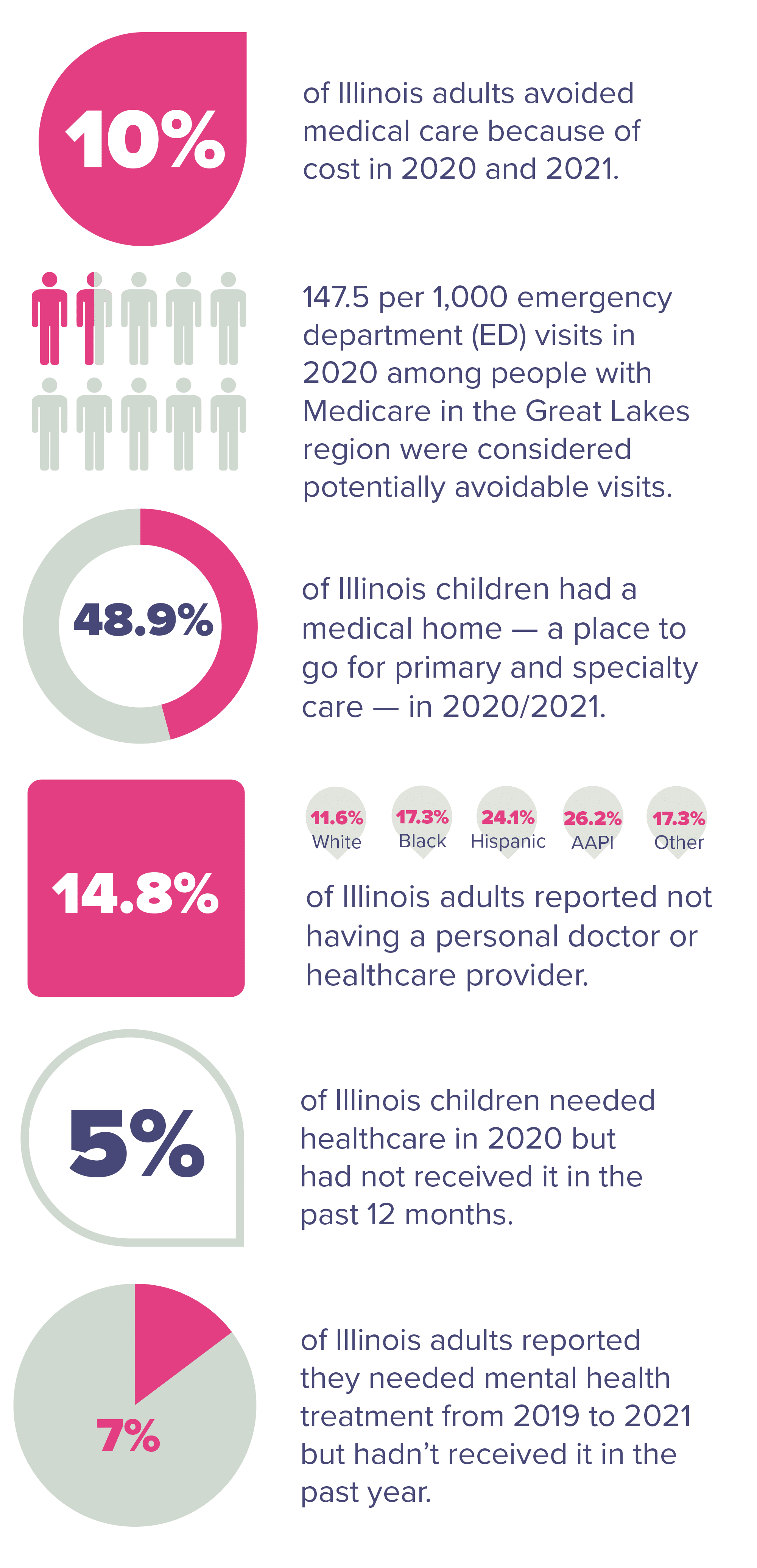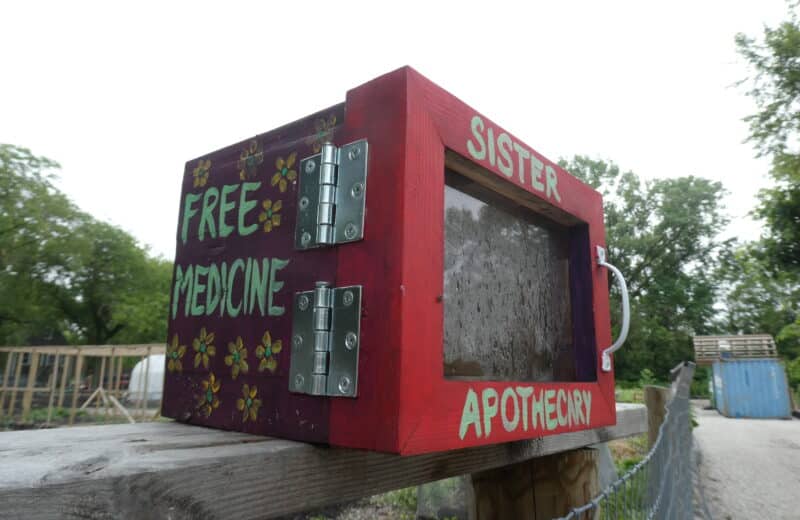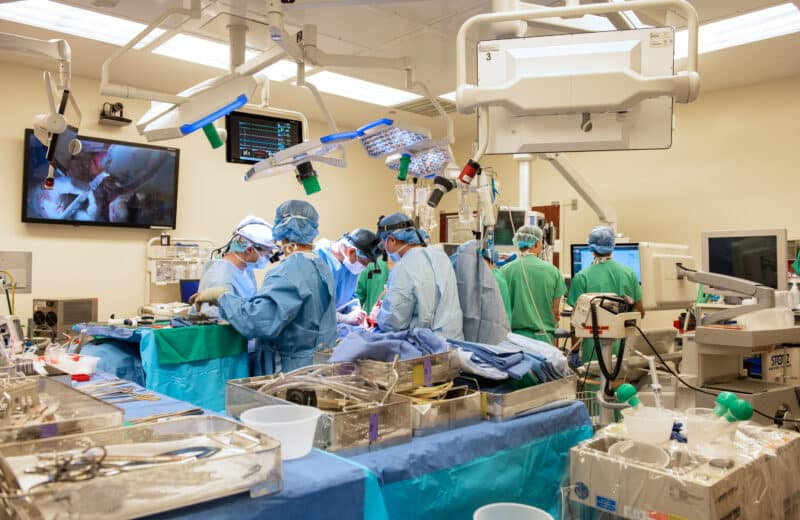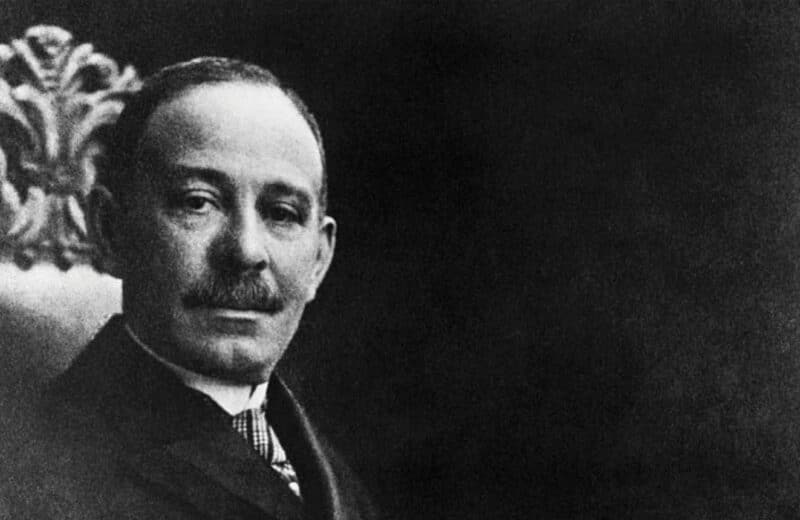Not Everyone, and Not Well Enough
The numbers don’t lie, but they do reveal an ugly truth: There are major disparities in who healthcare providers diagnose and treat in Illinois.
Jeffrey Linder, MD, chief of internal medicine at Northwestern Memorial Hospital, says most people who get in to see primary care doctors are insured. “There are a lot of advantages you have to have to even get in the front door of the healthcare system,” he says.
People need employment and benefits from a company that provides decent insurance. They need a primary care provider. And they need the time, finances, and transit to make it to regular checkups, where doctors can more easily detect chronic diseases such as depression and hypertension. Linder’s research on regular checkups shows that when people follow through with them, they can better control risk factors for disease.
But people seeing their doctors for these regular checkups aren’t the ones who need care the most, Linder says. “There are all these barriers put up for people who actually would benefit much more from connecting with the healthcare system than somebody who’s already very well connected and repeatedly accessing the healthcare system.”
Helen Margellos-Anast has tracked these barriers for more than two decades. As an epidemiologist and president of Sinai Urban Health Institute, she studies health inequities and contributors at a hyper-local level. She also leverages data in developing programs with community organizations to help uninsured and underinsured people receive proper and timely diagnosis and care.
For example, Sinai’s community health breast cancer screening initiative, Helping Her Live, has helped Black and Latina women access screening mammography and follow up on abnormal results. Since 2006, the program has reduced the number of women who didn’t return for additional screenings from 30% to less than 5%.
The quality of the insurance matters. “People who are Medicaid-insured tend to have [more] unmet health needs than people who have private insurance,” says Margellos-Anast.
Barriers to accessing healthcare:
- Lack of insurance.
- Providers not accepting insurance.
- Limited hours to schedule appointments for those who may not be able to miss work.
- Lack of transportation.
- Health system mistrust.














